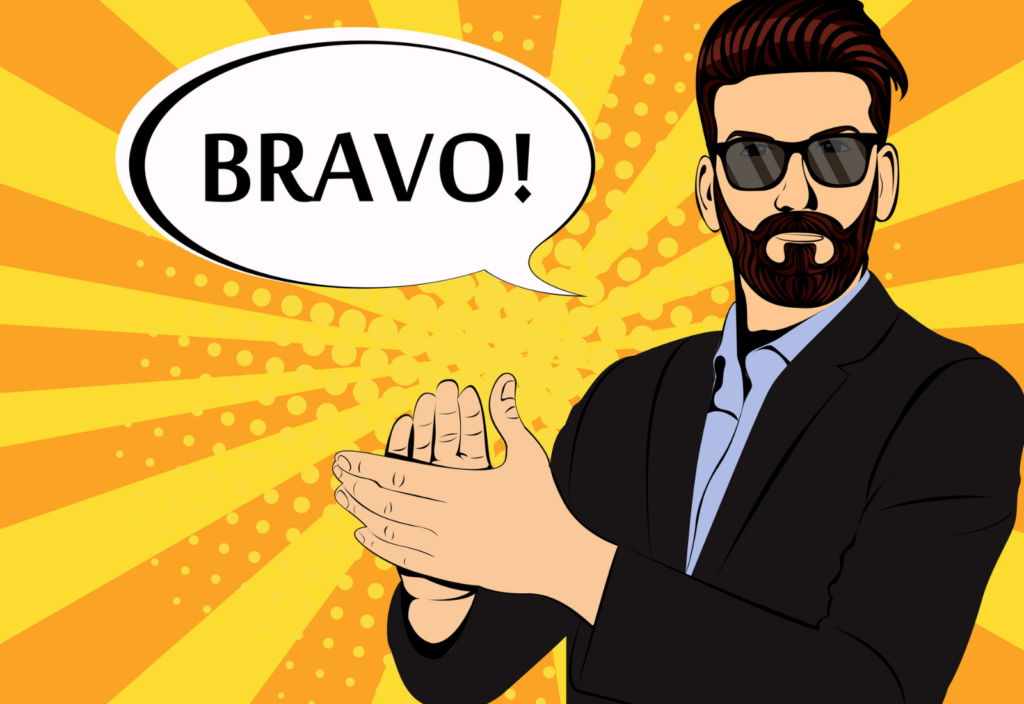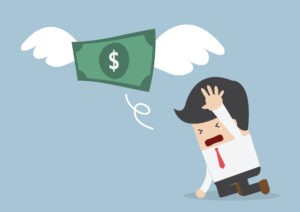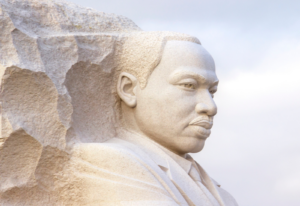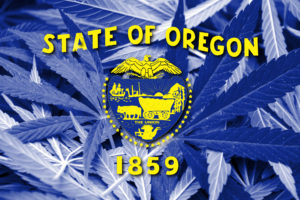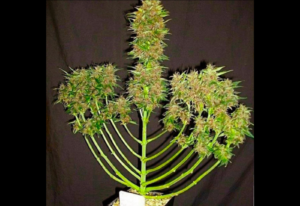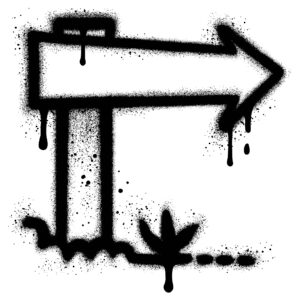As a cannabis intellectual property litigator, part of my job is to help clients make cost-benefit and risk analyses. My colleagues and I have written several posts about the defense of “parody” in cannabis intellectual property litigation, and why it’s a very specific defense that people tend to overstretch in most cases. While that remains true, it’s only fair to also write about cases where it does work – like in this week’s decision by a New York court to deem a sketch comedy group’s theater production titled “Vape” a fair use of the famous “Grease” musical.
The parties’ arguments
Plaintiff Sketchworks Industrial Strength Comedy, Inc. filed a Complaint in the Southern District of New York to seek a declaratory judgment that Vape does not infringe Defendants James Jacobs and Warren Casey’s copyright in Grease. (FYI, James Jacobs and Warren Casey are the co-authors of Grease.) Sketchworks owns its own copyright in Vape. Vape depicts the same characters and features portions of Grease’s well-known songs. But, Sketchworks claims Vape is a parody of Grease:
[It] “pokes fun at various absurdities in Grease”, and “uses millennial slang, popular culture, a modern lens, and exaggeration to comment upon the plot, structure, issues and themes of Grease and to criticize its misogynistic and sexist elements.” In so doing, Vape, which was written and directed by women, “reexamines Grease from a female perspective in the #MeToo era,” and “exposes how the ‘humor’ and rape-cultured elements of Grease have not aged well” by, for example, “directly criticiz[ing] Grease’s ‘happy ending,’ where a woman completely changes who she is in order to please a man.” Vape also “recognizes that modern youth still navigate complex issues relating to sex, drugs, and peer pressure – just in different forms from their 1950s counterparts.”(Citations omitted).
Defendants argued Vape does not constitute a parody because it utilizes the same music, plot, characters, settings, and other elements of Grease, and that Sketchworks also misappropriated Defendants’ trademark in Grease. When they learned Vape was scheduled to be performed in New York City in August 2019, Defendants sent Sketchworks a cease and desist letter and Sketchworks cancelled the scheduled performances.
The court’s analysis
On one hand, it is well settled under case law that the Copyright Act not only protects “original creative work[s],” but also “derivative works,” defined as works “based upon one or more preexisting works, such as a[n] . . . art reproduction, abridgement, condensation, or any other form in which a work may be recast, transformed, or adapted.” However, a copyright holder cannot prevent another person from making a fair use of its copyrighted material. There are four factors to consider when evaluating whether a use is fair:
- the purpose and character of the use, including whether such use is of a commercial nature or is for nonprofit educational purposes;
- the nature of the copyrighted work;
- the amount and substantiality of the portion used in relation to the copyrighted work as a whole; and
- the effect of the use upon the potential market for or value of the copyrighted work.
Under the first factor, the Court found that Vape sufficiently changed certain elements of Grease, including the script and lyrics to songs, in order to emphasize misogynistic features of the original work:
[T]his is not a case in which the authors of Vape have taken elements from Grease “for the sake of convenience, and then changed the lyrics [and script] to satirize a subject having nothing to do with the original [work]. Nor is it merely a derivative update of Grease. To the contrary, Vape relies on allusion to Grease to convey its central message about Grease’s misogynistic story line. (Citations omitted).
Under the second factor, the Court recognized Grease falls within the core of the Copyright Act’s protection, but declined to afford much weight to it because “parodies almost invariably copy publicly known, expressive works’ and thus, in parody cases, this factor is ‘not much help’ in determining whether the new work constitutes fair use.”
Under the third factor, the Court found that Vape’s “taking” of elements from Grease was not excessive because they were necessary for Vape to achieve its parodic purpose. For example, Vape would not have been able to communicate its critique of Grease’s “happy ending,” (Sandy changing who she is to please Danny) without incorporating their overall plot arc. The Court also noted that Vape does add new features that did not exist in Grease.
Under the fourth factor, the Court considered whether Vape would potentially take away demand from Grease by serving as “a market substitute.” Under that analysis, it found the potential harm to Grease’s market value to be minimal because Vape could not reasonably be viewed as a derivative work – like a sequel or updated remake – because it mocks and critiques Grease.
Ultimately, the Court deemed Vape a parody and fair use of Grease, and Sketchworks was additionally awarded its attorneys’ fees in prosecution of the case.
Conclusion
To be clear, the Court’s ruling in this case is not a call for cannabis companies or anyone else to pursue parodies of well-known works. It’s just a reminder that in very specific circumstances, the parody defense can be considered alive and well.
For recent articles specific to cannabis intellectual property litigation where the parody defense does not work check out the following:










